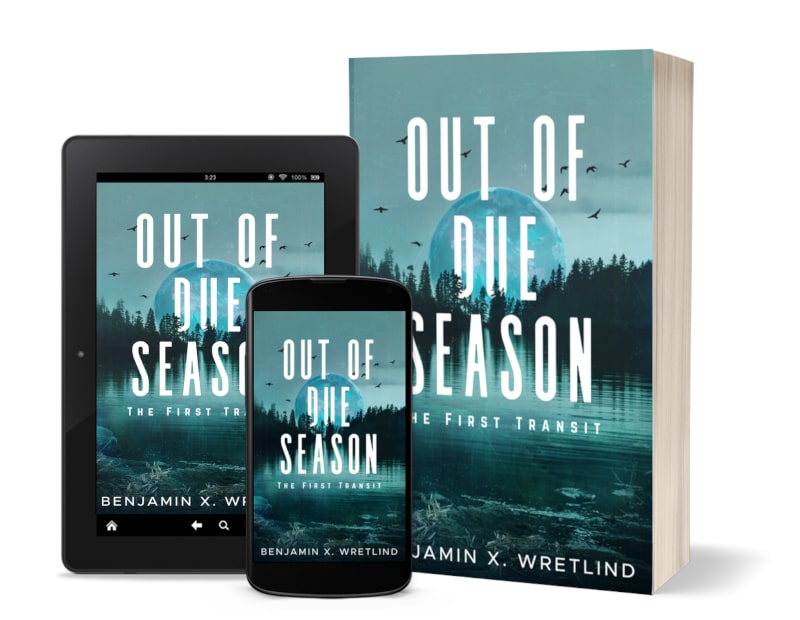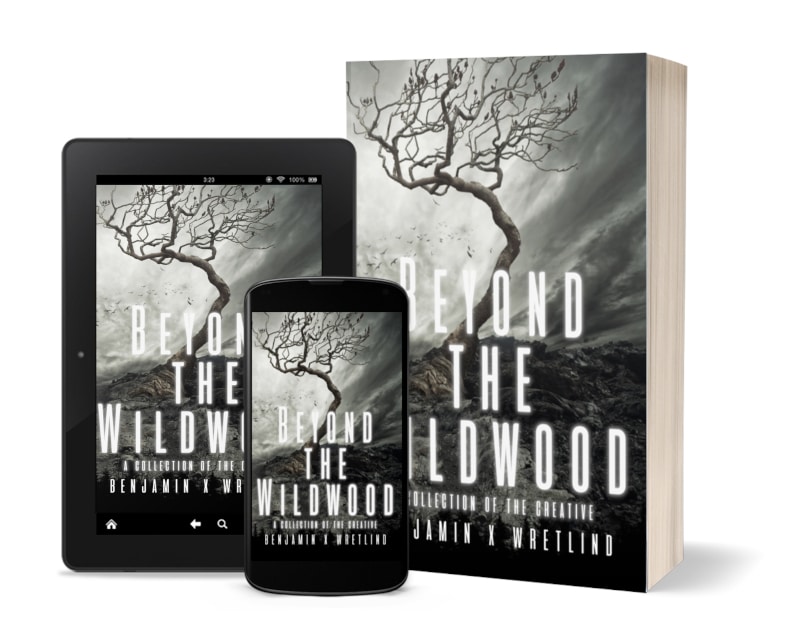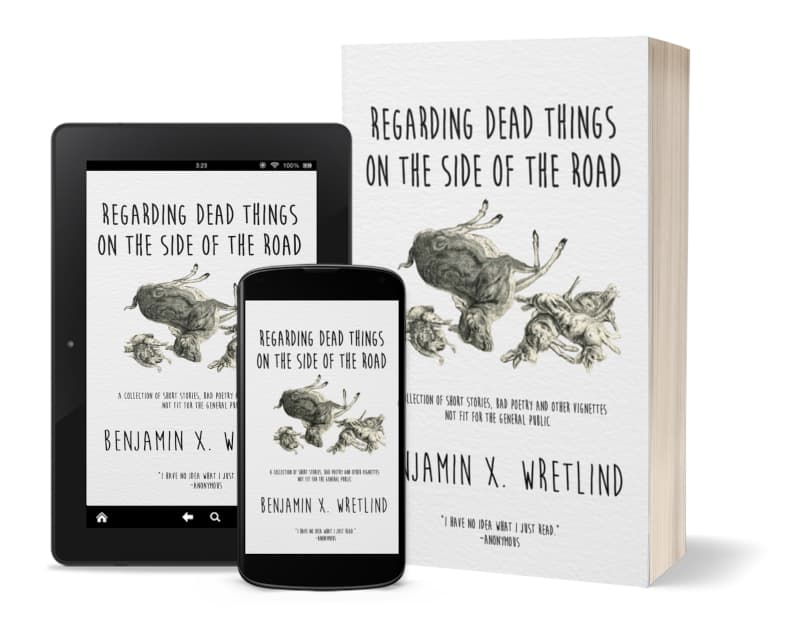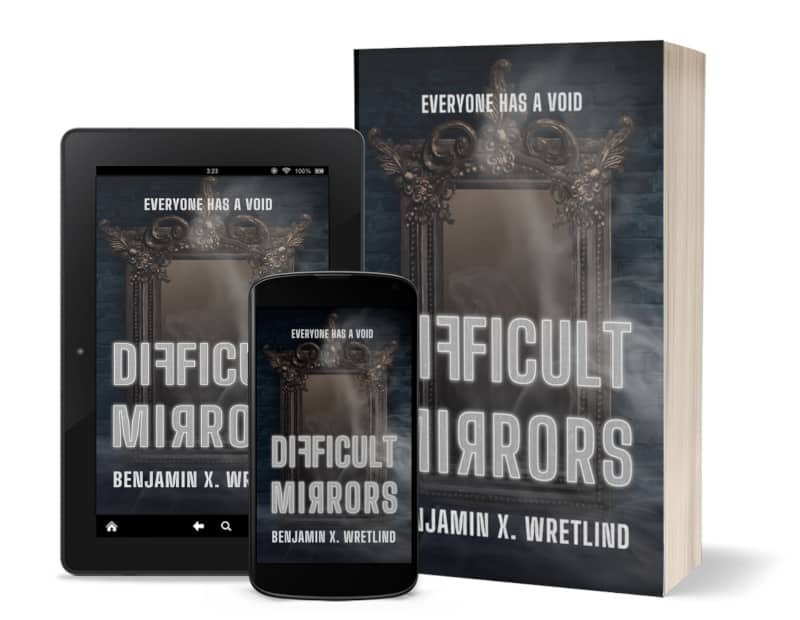How To: Become a Vicar of Virality
Virality (vīˈralətē) – the tendency of an image, video, or piece of information (such as an e-book) to be circulated rapidly and widely from one Internet user to another (i.e., “go viral”); the quality or fact of being viral.
If we look at Google’s Ngram of the word, we’ll see a massive spike somewhere around the mid-2000’s. Of course, we can align its use with the growth of the Internet very well, but that’s neither here nor there.
Vicar (ˈvikər) – (in the Roman Catholic Church) a representative or deputy of a bishop
Since I’m not Roman Catholic, here’s another definition that might fit this blog post a little better:
a person appointed to do the work of another
That actually sounds a bit tasking, as if it’s all job-related or something. Job-related stuff scares me. So, let me assign another definition to vicar that gets to the point a little better:
a person who is willing to help another out with a task
Ah…now we’re getting somewhere.
For fun, let’s put those two words in a title: “Vicar of Virality”
What do we get?
You! You the reader. You the fellow author. You the navigator of the Interwebz.
The question to ask, however, is how does a Vicar of Virality go about getting something like a novel (e.g. Difficult Mirrors) to become viral?
(I think it has something to do with friends, but since I’ve been lacking in that area since I was betrayed by more than a few people many, many decades ago, I can’t say for certain.)
Truthfully, I have no idea how a novel becomes viral if the author isn’t well known, but I’m going to list out a bunch of stuff that probably says I’m doing it wrong.
Here are some thoughts.
Facebook is an exceptional tool for letting others know what you think about something. If you like something, you typically say something. Do you like something George Takei posted? What do you do? You “Like” it and then you share it with your friends who may not have seen it on Facebook. One or two of your friends does the same, and–BAM!–it’s viral.
However, if you just “Like” it, you’re really only telling the person who posted it that you think it’s swell (I can use that word). Sure, there’s the possibility Facebook might share your like based on their really strange and impossible to follow algorithms, but it’s actually pretty remote.
The best method of “liking” something–in my opinion–is to actually Share it. You can also post a status of your own which invites conversation.
Again, that algorithm might get in the way.
I’m not much of a conversationalist, but I’ve heard sharing works wonders. (It also starts fights on occasion, but not as often as it seems.)
Here’s a status example (make sure you put in the link, of course):
I just picked up Difficult Mirrors and I’m going to get a bottle of whiskey then drown my sorrows as I read it. Has anyone else read it yet? What did you think? https://www.amazon.com/gp/product/B00FCG27CG/
Don’t like something but you thought the writing was great? Try this:
This book made me sick, but I know some of you (tag name here) will love it. And the writing is exceptional! Castles https://www.amazon.com/dp/B0C783G5LG
Twitter works in the same way, sort of, but I often question its power. I often think it’s like one big advertisement and unless you’re engaged with someone, you really don’t reap any of the best benefits. As an example, posting a link to a book you recently read will let your followers know you’ve read the book and this is how they may check it out. Great. They probably won’t, however.
But if you ask someone directly:
Hey @bxwretlind! Did you read Difficult Mirrors? https://www.amazon.com/gp/product/B00FCG27CG/
…and @bxwretlind responds with:
@bxwretlind Of course I did. I wrote it. What did you think?
…then you’ve started something.
Something like a conversation.
I’m introverted and can’t hold a conversation to save my life, but I know there are people who can. Those people (and you may be one of them) are excellent tools at spreading the word about something you like. Retweeting something–the act of clicking that little icon on a tweet–is not something you’d do if you were sitting at a Starbucks with your friend and a latte.
Imagine the guy on the couch in the corner says something and you repeat it word-for-word to your friend.
Out of context.
It’s really kind of weird.
Instead, you’d likely have a conversation about Difficult Mirrors and you would convince them to either read it or not read it. You might even drag the guy on the couch into your conversation.
(As a complete aside, has anyone ever held a conversation with themselves on social media? Might be fun to see how widespread those posts get…or not.)
Those Blogs
Really, spreading the word about a blog post is easy. You can usually do it from the buttons people put on a site that enable “one-click” sharing (see above). However, if you don’t–if you just “like” a link or retweet a link–you’re not really helping your friends out and convincing them they should read it.
A fellow writer friend once wrote a blog that was full of vitriol. He has since made it private, but it was clicked on the most when someone shared the link with the preface: “Holy Self-Entitlement, Batman! What’s wrong with this guy?”
Viral (but in a wrong way).
So how do you share your opinion about a blog post that’s not just linking to it?
Try something that will convince your friends to read it. For example, you could say:
This post is the best I’ve ever read! Holy cow! Why didn’t I think of such genius?!? https://bxwretlind.com/blog/2021/10/25/how-to-become-a-vicar-of-virality/
I don’t know much about Pinterest, but I do have an account. I use it for inspiration–mostly–and not for marketing. There is a marketing angle there, perhaps for blogs more than books. I haven’t cracked the secret code, however, so I can’t say much. I do know most blog posts that get shared on Pinterest should have “pins” that are formatted a certain way (see below).
TikTok
What the–?
So what am I saying?
Share those examples I gave above. Start a conversation. It doesn’t have to be about Difficult Mirrors, of course (although, um, really, that would be COOL!).
Remember: your opinion matters to your friends. Make something go viral.
And your opinion is more than “liking” something or “retweeting” it.



















